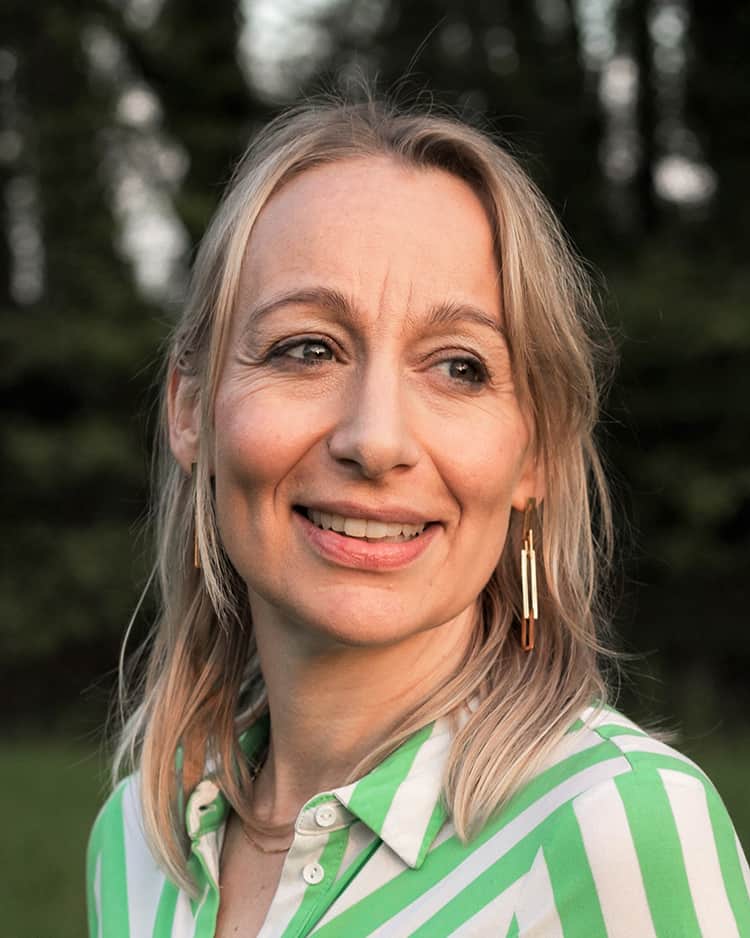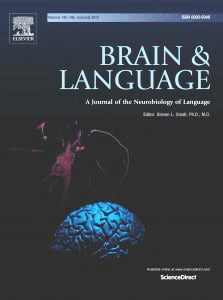Early Career Award
Maaike Vandermosten

 The Society for the Neurobiology of Language is pleased to announce the 2023 Early Career Award recipient: Maaike Vandermosten
The Society for the Neurobiology of Language is pleased to announce the 2023 Early Career Award recipient: Maaike Vandermosten
The Early Career Award is generously sponsored by Brain and Language
Neuroprediction and neuroplasticity in developmental dyslexia and aphasia
Wednesday, October 25, 2023, 2:30 – 3:25 pm, Auditorium
Chair: Liina Pylkkänen, New York University
Speaker: Maaike Vandermosten, KU Leuven
Maaike Vandermosten received in 2012 her PhD from KU Leuven, after which she did a postdoc with research stays at the Medical School of UCSF, the Cognitive Neuroscience Unit of Maastricht University and the Brain & Language Lab of Université de Genève. In 2017, she started her tenure track at the department of Neurosciences of KU Leuven, where she is now associate professor and head of the Speech and Language Research lab.
During her PhD, she examined the interrelations between reading, speech processing and brain connectivity in persons with dyslexia. She first gained expertise in designing psychophysical auditory and speech experiments (e.g. Vandermosten et al., 2010, PNAS), followed by expertise in diffusion MRI tractography, a technique which she was one of the first to apply within the field of dyslexia (e.g. Vandermosten et al., 2012, Brain). During her postdoctoral years, she extended her knowledge towards the neurodevelopment of reading, and played a pioneering role in setting up MRI-studies in pre-reading children, with longitudinal follow-up throughout primary school (e.g. Vandermosten et al., 2015, DevCognNeuroSci; Phan et al., 2021, HBM). This provided unique insights into the neural origins of later reading problems as well as neuroplasticity. At the start of her tenure track, she continued her research on dyslexia, but also established a new research line on stroke-induced aphasia. Relying on her expertise with predictive and longitudinal studies in young children, she led a project on the prediction and neuroplasticity in aphasia from the acute to the chronic stage (e.g. Schevenels et al., 2022, NeuroImageClinical). In her recent studies, natural speech takes a central role, as this allows to gain rich and ecologically-valid information on language processing in difficult-to-test populations such as very young children and persons with aphasia.
